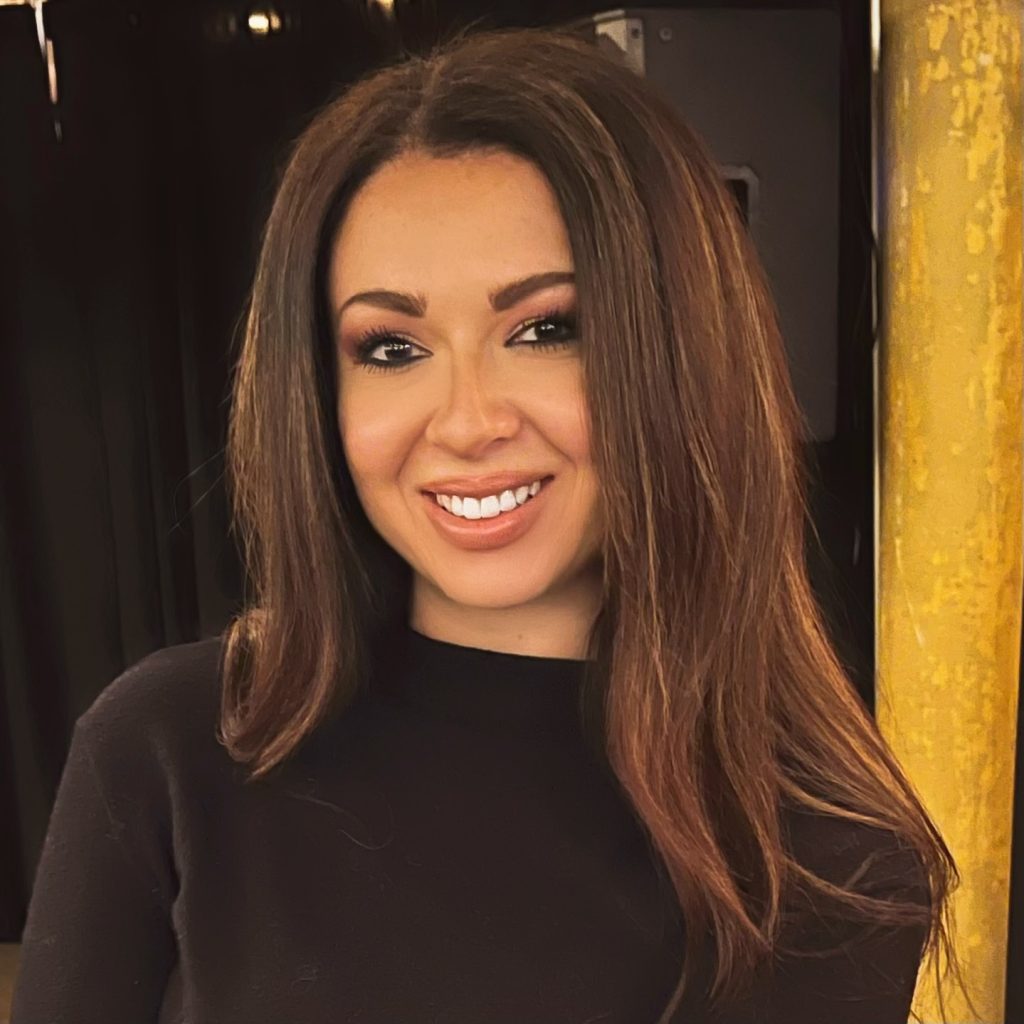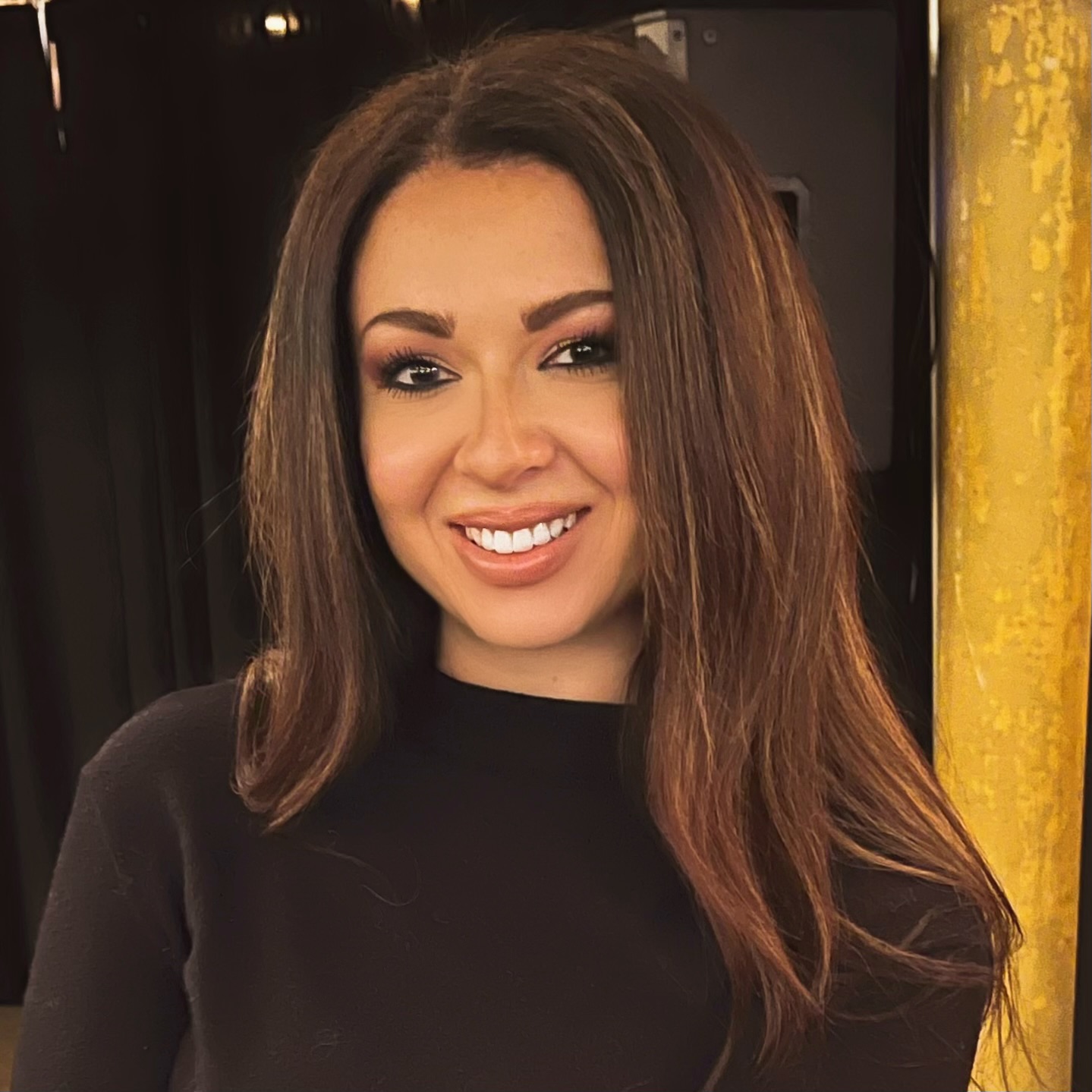Struggling with insomnia can wreak havoc on your physical and mental well-being, pushing you to seek out ways to sleep better. In particularly bad cases, though, your physician may prescribe medication to help you fall asleep.
While prescription sleep aids are designed to be a temporary solution, what happens if you become addicted to them? Health experts warn that these pills could result in serious health complications.
We will cover how to get off sleeping pills, along with helpful tips on how you can improve your rest without the use of medication.
Dependence On Sleeping Pills
Sleeping pills come in several different forms, but if you take certain kinds including but not limited to benzodiazepines or z-drugs1 for sleep such as Xanax (alprazolam) or Ambien (zolpidem), respectively, it’s important to be aware of the potential of developing a sleeping pill dependency.
A sleeping pill dependency can occur if you take these classes of sleeping pills for too long.1 Dependency can manifest in different forms. Some people may find that they “outgrow” certain doses and will require higher and higher doses of sleeping pills to get some sleep, which is called tolerance.
More serious forms of dependency can turn into a sleeping pill addiction, which may emerge as substance abuse or a substance use disorder2. An addiction is a “state of psychological or physical dependence (or both) on the use of alcohol or other drugs,” the American Psychological Association notes.
Dependency can look different from person to person and doesn’t necessarily occur at any specific stage.1 Some people might become dependent after a few days, but others may develop a dependency months after taking a sleeping pill.
Still, that doesn’t mean all people who take sleeping pills will develop a dependency. Many people take sleeping pills safely, but you should always be aware of potential signs of dependency or drug addiction3, including:
- Problems at work or school, including poor performance
- Loss of energy or motivation
- Obsessing about the next dose
- Experiencing withdrawal symptoms when unable to take the drug
- Compulsively taking the drug or being unable to stop taking it with fear that sleep issues will re-emerge without it
How to Stop Taking Sleeping Pills
If you’ve “gotten used to” or feel dependent on a sleeping pill, it may be wise to stop taking sleeping pills. Breaking a dependency can be physically and mentally challenging, which is why you should never stop taking sleeping pills on your own.1 Instead, you should work with a healthcare provider to slowly reduce your sleeping pill dose, known as “tapering,” or to get off of it completely.
Cognitive behavioral therapy can also be helpful if you’re trying to get off of sleeping pills.1 Since tapering a sleeping pill dose can take time, you will likely need extra support as your brain and body go through the transition.
How Long Do Sleeping Pills Stay in Your System?
Ambien® (zolpidem) 4, a type of z-drug to treat insomnia, generally begins working after 30 minutes, reaching its full effect after 1-2.5 hours.
According to the American Addiction Centers, prescription medications for sleep can be detected in the urine 24-48 hours after use and 6-20 hours in the bloodstream. However, higher doses can be found in urine for up to 72 hours and 48 hours in the blood.4
What Is Sleeping Pill Withdrawal?
When you’re addicted to sleeping pills, your body has become accustomed to them. Therefore, when you quit using them, this detoxification period can lead to withdrawal symptoms that are both physically and psychologically difficult.
Learn More: Addiction and Sleep
How Long Do Withdrawal Symptoms Last?
Sleeping pill withdrawal symptoms may be challenging, but it’s important to remember that withdrawal is only temporary. Here’s what you can expect if you go through withdrawal symptoms5 (though these timelines and symptoms can vary from person to person).
| # of Days | Description |
|---|---|
| 1-3 Days | Feelings of confusion, changes in mood, memory loss, anxiety, or feelings of fear |
| 4-10 Days | Difficulty sleeping, anxiety, drug cravings, sweating, increased heart rate, or tremors |
| 11-17 Days | Anxiety, panic attacks, or depression |
| 18 Days and More | A general fading of symptoms, though depression and drug cravings may last for several weeks to several months |
How to Improve Sleep Without Prescription Pills
Cognitive Behavioral Therapy
Cognitive behavioral therapy6 is a structured and goal-oriented type of talk therapy. It can be used to help manage a variety of mental health conditions, like anxiety or depression, or to help people get off of sleeping pills.1
Studies show that cognitive behavioral therapy, or CBT, can produce results that are equivalent to sleeping pills7 with no side effects, fewer episodes of relapse, and a tendency for sleep to continue to improve long-term.
Don’t Eat Too Much Before Bed
Having a large meal shortly before your bedtime may cause discomfort that could keep you up at night. For instance, one preliminary study8 found that eating within three hours of bedtime created negative sleep outcomes, including more nighttime awakenings, longer time to fall asleep, and less overall sleep duration.
If you are hungry close to bedtime, consider eating a light snack instead.
Avoid Caffeine and Alcohol
Reducing your caffeine intake, especially before bed, should help you get some shuteye. Additionally, you should steer clear of alcohol. While it may initially make you drowsy, research9 shows alcohol could lead to poor, disrupted rest.
Stop Smoking
Smoking can be detrimental to your health in a variety of ways, including your slumber. According to Henry Ford Health10, the nicotine in cigarettes can disrupt your sleep because it is a stimulant that could make you feel less tired. Additionally, smoking increases your risk of developing other disorders such as sleep apnea.10
Find Ways to Relax at Night
To help calm your mind, establish a nightly routine that helps you wind down. This might include drinking some chamomile tea, meditating, reading a book, or stretching.
Need help? Check out these bedtime rituals to help you relax.
Create a Good Sleep Space
Your bedroom should also be a place that helps foster sleep. For optimal rest, try to keep it quiet, dark, and cool.
Additionally, make sure your mattress and bedding materials are benefiting you and your needs. For instance, not getting enough back support from your mattress could leave you tossing and turning.
Need help? Check out our guide on how to choose a mattress.
Exercise
Getting regular exercise can be a great way to boost sleep naturally. While researchers don’t fully understand exactly why or how exercise improves sleep11, physical activity has been found to increase the amount of slow-wave sleep you get, or the deepest form of sleep where your brain and body rest.
Exercise can also help stabilize your mood and relieve stress, both of which can contribute to better sleep all around.9
Stick to a Sleep Schedule
Keeping a consistent bedtime and wake-up time during the week and weekend should also help train your body to fall asleep more easily.
Cut Off Electronics Before Bed
Scrolling through social media on your phone or working on your laptop late in the evening can make it harder to doze off. This is because these tech devices emit a blue light12 that reduces melatonin production.
Melatonin is a natural sleep-inducing hormone that’s part of your body’s 24-hour cycle. Production usually increases at night, but electronics can confuse the body, leaving you more alert instead.
According to Harvard Health, you should stop looking at your screen devices at least two hours before bed.12
Consider a Natural Sleep Aid
More research has shown that natural sleep aids can be effective at helping you sleep more soundly.
Explore our picks for:
- Best Melatonin for Sleep
- Best Magnesium for Sleep
- Best CBD Oil for Sleep
- Tart Cherry Juice for Sleep
Frequently Asked Questions
What is rebound insomnia?
According to the Addiction Center, rebound insomnia refers to when you discontinue the use of sleep medications, and your insomnia becomes worse than it initially was.5 Sleep experts say rebound insomnia can last anywhere from several days to a few weeks.
Are sleeping pills addictive?
Certain classes of sleeping pills, including but not limited to benzodiazepines and z-drugs, have the potential to become addictive. Still, not everyone will become addicted to these types of sleeping pills. While the exact number of people addicted to sleeping pills isn’t known, a 2022 survey13 found that nearly one in six people age 12 or older had a substance use disorder in the past year.
Is it bad to take a sleeping pill every night?
Healthcare providers often recommend using sleeping pills short-term to reduce the risk of dependency and achieve better sleep, but many people may use sleeping pills long-term for more serious sleep disorders.1
In those cases, taking a sleeping pill every night may be necessary, but if you’re using sleeping pills short-term, you can try taking a sleeping pill every other night or simply as needed.
Instead, talk with your healthcare provider about CBT, which has shown some promising results for insomnia and could be a better long-term solution.7
What are non-addictive sleeping pills?
Most over-the-counter14 and natural sleep aids (like melatonin) aren’t habit-forming. They also tend to have fewer side effects than prescription sleeping pills.
How long does it take to get off sleeping pills?
The Addiction Center reports that it can take 18 days or longer to recover from most withdrawal symptoms. However, depression and drug cravings could last for several months.5
Where should I get treatment for a sleeping pill addiction?
Experts recommend seeking treatment with an inpatient or outpatient center, as these have the highest rate of success.5 Most importantly, though, do not be afraid to get help if you or someone you know is struggling with addiction.
For help, you can contact the Substance Abuse and Mental Health Services Administration (SAMHSA) via phone at 1-800-662-HELP (4357).

Ashley Zlatopolsky
Content Writer
About Author
Ashley Zlatopolsky is a Detroit-based writer and editor who specializes in sleep content. She writes about sleep health, hygiene and products for Sleep Advisor, Mattress Clarity, Real Simple, Sleep.com and more.
Side Sleeper
References:
- “Using medication: what can help when trying to stop taking sleeping pills and sedatives?” National Library of Medicine. 2010.
- “Substance use, abuse, and addiction”. American Psychological Association. Webpage accessed January 24, 2024.
- “Signs and symptoms of addiction (physical and mental)”. American Addiction Centers. Last modified July 27, 2023.
- Wagener, Dan. “How Long Does Ambien Stay in Your System?”. American Addiction Centers. Last modified January 3, 204.
- “Sleeping pill withdrawal and detox”. Addiction Center. Last modified January 10, 2024.
- “Cognitive behavioral therapy (CBT)”. Cleveland Clinic. Last modified August 4, 2022.
- Rossman PhD, Jeffrey. “Cognitive behavioral therapy for insomnia: an effective and underutilized treatment for insomnia”. American Journal of Lifestyle Medicine. 2019.
- Chung, Nikola., et al. “Does the Proximity of Meals to Bedtime Influence the Sleep of Young Adults? A Cross-Sectional Survey of University Students”. International Journal of Environmental Research and Public Health. 2020.
- Stein MD, Michael D., Friedmann MD, Peter D. “Disturbed Sleep and Its Relationship to Alcohol Use”. National Library of Medicine. 2005.
- “The Link Between Sleep And Nicotine”. Henry Ford Health. 2018.
- “Exercising for better sleep”. John Hopkins Medicine. Webpage accessed January 24, 2024.
- “Blue light has a dark side”. Harvard Health Publishing. 2020.
- “Results from the 2022 National Survey on Drug Use and Health: A Companion Infographic”. Substance Abuse and Mental Health Services Administration. 2022.
- “Are drugstore sleep aids safe?” Harvard Health Publishing. 2021.
